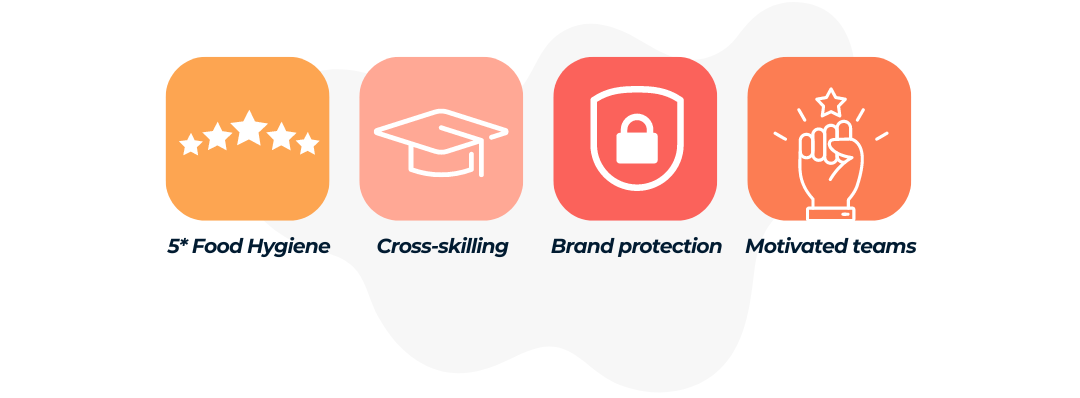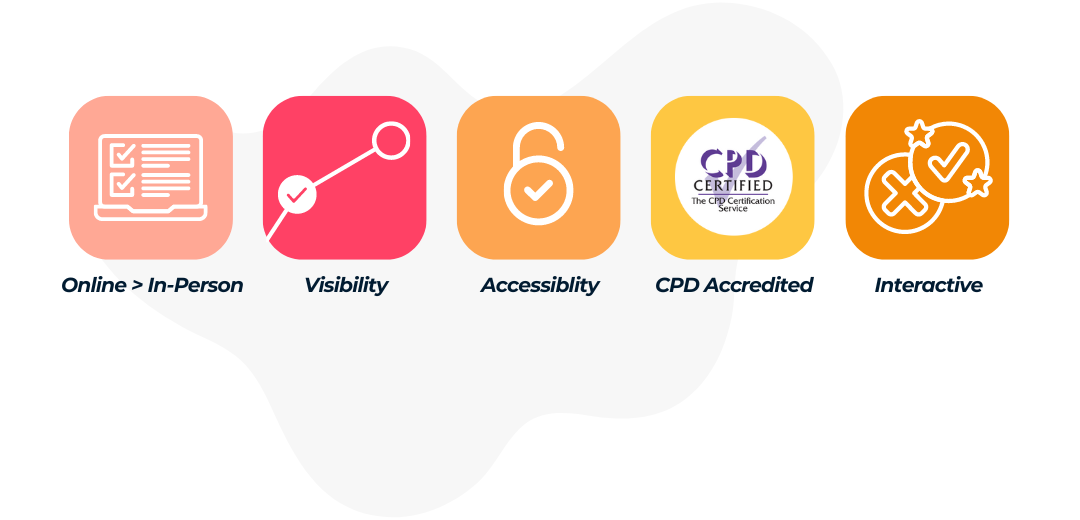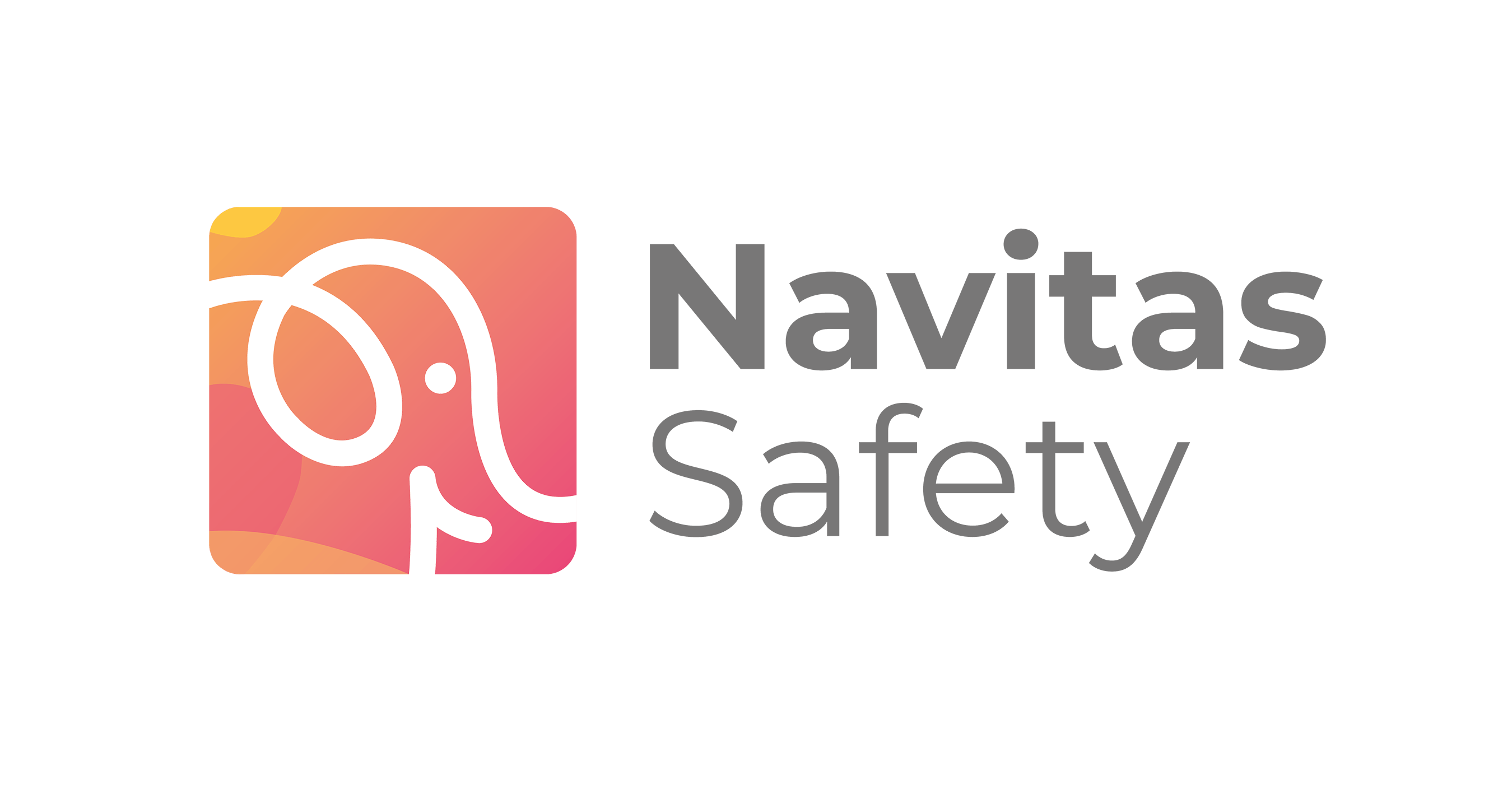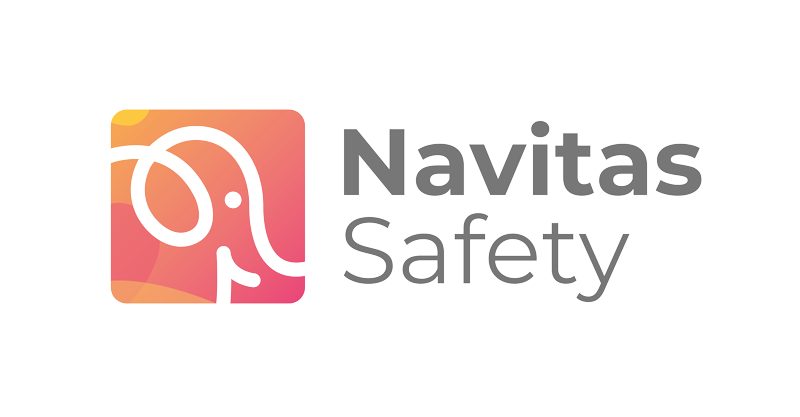Looking to invest in your team with a Level 2 Food Safety Course?
It’s sometimes hard to know what the correct level of training qualification that your employees need. So if you’re unsure, why not read our blog ‘Which Food Hygiene Courses Do I Need? Decoding the Best Level of Training for Your Team’s Success’?
However, if you’re a foodservice business then you almost certainly need to invest in a Level 2 Food Safety Course or two as an essential tool for your safety success – now more than ever.
Hospitality staff shortages and rise of training concerns
With the introduction of the UK’s new immigration restrictions coming into force in Spring 2024, the hospitality industry is feeling increasing pressure about the potential of staffing shortages and safety training. This is due to change in the salary requirements for visas, with candidates needing to earn “at least £38,700 – an increase of nearly 50% from the current £26,200 minimum.”
Presently, a quarter of the hospitality workforce is made up of international individuals, but when the new immigration restrictions go live in Spring, this is expected to drop massively. As UKHospitality Chief Executive Kate Nicholls says that “Around 95% of those [currently working in the industry with visas] would no longer be eligible under these plans, despite being offered competitive salaries.”
This unfortunately leaves businesses with a staffing crisis to solve, likely filled by an influx of new team members with less experience than their international counterparts. Fresh staff will fill the staffing gap, however it’s important to think about how qualified these new teams may be in order to prevent putting your food safety standards in jeopardy.
Therefore, the hospitality sector needs to focus more on unlocking the safety expertise of new team members and upskilling staff to develop talent that they already have, before the lack of international employees affects business dramatically.
What is a Level 2 Food Safety Course?
A Level 2 Food Safety Course is a training qualification that covers all the essentials to keep your premises and customers safe, including:
- How to identify typical food hazards
- Temperature monitoring
- Storage best practices (e.g. separation of specific foods like raw meat)
- Personal hygiene (change of clothes, hair nets, hand washing)
- Safe cooking procedures
- Cleaning and disinfection techniques
- Pest control checks
- How to prevent food poisoning
- Methods to avoid cross-contamination
These are the topics that are deemed necessary for safe practices within your business and for your teams to be fully compliant with current food safety laws, helping you to secure a high score during your next hygiene inspection.
Who needs a Level 2 Food Safety Course?
Safety is everyone’s business. Anyone who is involved in handling food should have Level 2 training as a minimum to guarantee the integrity of your food safety practices and ensure customer safety. Whether your business is food retail, catering, facilities management, manufacturing or takeaway – if you have team members who have any level of involvement with food, a Level 2 Food Safety Course is the best bet for them. The more the merrier!
A Level 1 Food Safety Course is lighter and can be appropriate for staff who have minimal contact with food. Waiters, waitresses, back- and front-of-house would technically be fine with Level 1 provided they don’t get involved in any food or dessert prep. However, the reality shows that more and more accountability and pressure is put on them to cover small tasks and take on supporting roles during busy or short-staffed periods, hence the need to consider a Level 2 certification for your entire team.
All in all, if you’re a hospitality or foodservice business, a Level 2 Food Safety Course is the ideal level of training for your team to work smoothly whilst ensuring total safety at your premises. Also, for management that’s complete peace of mind and less stress. Plus, it will make your Environmental Health Officer extra happy during their next visit.
Still unsure? Explore our guide on which food hygiene course to choose.
Is a Level 2 Food Safety Course a legal requirement?
Technically, food safety and hygiene training is a legal requirement here in the UK to comply with food safety standards. That means that you (and your team) are accountable and responsible to ensure food is safe to eat.
However, you are not legally required to undertake a specific food safety course. For example, instead of completing a Level 2 Food Safety Course as an online certification, staff could get ‘in the field’ training from management while working in their role. This doesn’t always guarantee the highest of safety standards though. Unfortunately, this lack of formal training is often one of the reasons why foodservice businesses fail their compliance inspections. Allergen incidents, poor personal hygiene, unclear labelling on raw foods – it is all too easy for incorrectly training individuals to usher in a food safety incident and an inevitable poor food hygiene score.
What are the benefits of a Level 2 Food Safety Course?

5* Food Hygiene Rating
Show your EHO that you’re competent, compliant and confident. Indeed, it’s your legal responsibility to keep the premises and food safe for both your staff and customers. So, during your food hygiene inspection you will be asked to show evidence of how you’re doing this – including upholding strong and reliable safety processes. Having clear and up-to-date food training certificates for your staff is a great way to demonstrate this and instil confidence about their safety knowledge.
Cross-skilling
Why not enrol your entire team to a Level 2 Food Safety Course to bring more operational flexibility? Cross-skilling will allow staff to cover the shifts of others if needed. That way, if some of your back-of-house staff have to help with food prep and serving, they’re already trained and safe! On top of that, it’ll also reinforce the safety standards of your foodservice business.
Brand protection
Food safety training is your best ally to ensure top-notch standards. Also, seeing safety certificates displayed inside a business helps to instil confidence in your prospective customers. And imagine that feeling of total relief knowing that everyone is qualified and knows how to identify and control food safety hazards. Storage, preparation, temperature control, personal hygiene – it’s all covered.
Motivated teams
Your staff will know you’re committed to their development. Empowering and trusting your team is a key factor of your business’ success. The people are the face of your brand and having engaged, motivated team members is a positive endorsement of your business values and standards.
How to choose the right Level 2 Food Safety Course
There is a multitude of food safety training available. Overwhelming, right? Our recommendations on how to pick a reliable Level 2 Food Safety Course are:

Opt for online mass-training to avoid costly in-person workshops
In-person food hygiene training can end up costly. Plus, it’s inconvenient and inflexible. The beauty of online safety training lies in its cost efficiency.
Ensure you get total visibility on progress and achievements
Check out the training options that will give you total visibility on your team’s progress – it’s no good if 30% of your staff have started the course and then decided never to finish! Having a clear view of progress means you can prompt them on or notice if they need support. Also, ensure your staff will receive digital certificates. Then you can use them as proof of diligent food safety training and processes for your next food hygiene inspection. The Level 2 Food Safety Course certificates should last between 1-3 years, depending on your training provider.
'On-the-go' access for total convenience and flexibility
Good training is all about flexibility and adaptability. Give your team total convenience with online food safety training accessible from desktop, tablet and mobile. That way, they can take their time and hop in and out when they’re free.
Check that the course is comprehensive enough and CPD accredited
A Level 2 Food Safety Course should cover all the bases of food safety, as mentioned above. In addition, going for CPD-accredited food safety courses will add an extra layer of reliability and credibility for your staff training.
Go for interactive, fun and quiz-based courses
Let’s keep it fun and entertaining for your staff. Training doesn’t have to be a daunting experience – or worse, a chore! Picking a fun and interactive course will ensure your staff give their full attention whilst studying.
Navitas Safety’s Online Training Academy actually meets all of these recommendations. Get engaging online training, progress dashboard and digital certificate library with ease. Our Level 2 Food Safety Course is CPD accredited too for reassurance that the knowledge gained is thorough and comprehensive. Plus, we also offer a wide variety of other safety training courses to develop your team even further. Find out more about our Academy just here!
Is a Level 2 Food Safety Course enough?
Whilst this does cover the basic legal requirement for food safety, there’s so much more your staff can be aware of to really get the best out of them. Whether for new hires or for team members who might like a refresher course, you should consider additional training such as:
- Level 2 Health & Safety
To cover manual handling, workplace hazards, health and safety of colleagues, equipment handling etc. - Allergen Awareness
For a more indepth course on allergen risks and how to control them (allergen labelling, storage, handling, what to do with an anaphylaxis incident etc.) - Level 3 Managing Food Safety
Upgrade to Level 3 for managers and supervisors to fully cover safety processes within your team and go the extra mile. - Safety Bite Training
These are bite-size monthly courses that cover various safety topics, from Knife Safety to Pest Control. Running across 12 months, these mini online training courses include videos, games and quizzes to maintain consistent, comprehensive safety knowledge. You can arrange the topic schedule to suit your business needs, and swap out which staff members are enrolled if one course suits some but not others. It’s all tailored to you! And the best part? It’s only £1.50 per enrolment, per month.
Check out our 2024 course schedule for you to customise:
Download our Safety Bite Solution Sheet to find out more:
If you need help with your safety processes, speak to a member of our safety team who will be able to advise you on how to operate safely.
Subscribe for more safety content updates:







